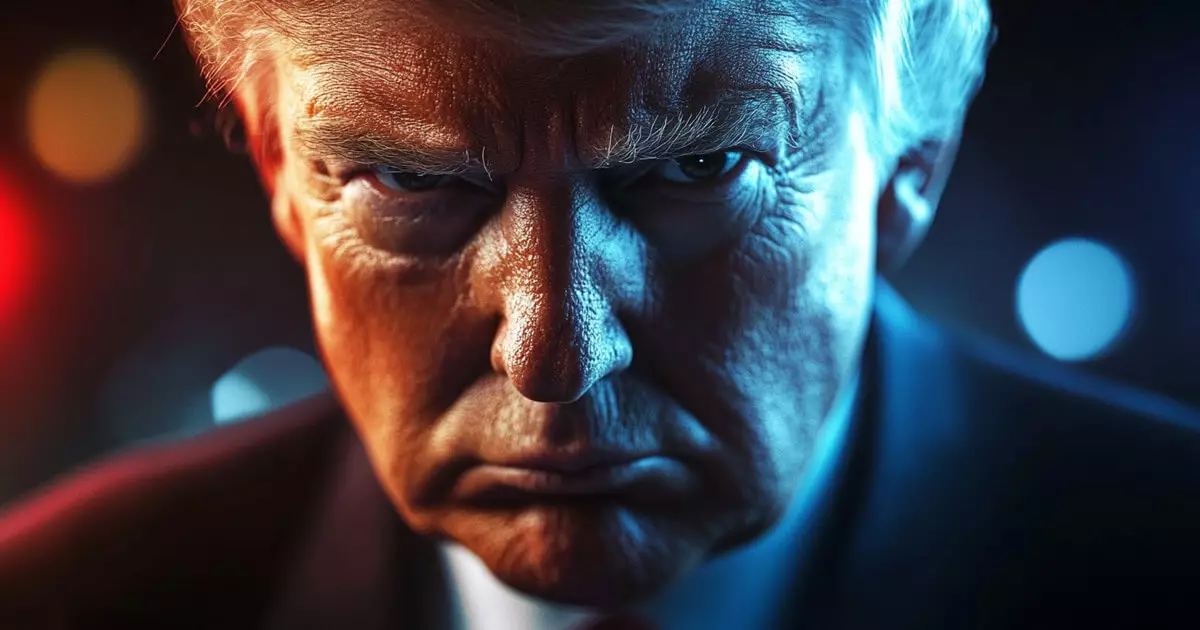The position of the Securities and Exchange Commission (SEC) chair is one of significant influence and responsibility, especially during a tumultuous period in the financial sector. With a new administration on the horizon, speculation around who will fill this pivotal role has heated up. Among the names mentioned, Paul Atkins, a former SEC commissioner, has emerged as a frontrunner, though reports suggest he may not be as eager to accept the role as some had initially perceived. This disconnection raises critical questions about the challenges facing the next SEC chair and the looming political dynamics about to unfold.
Atkins’ reluctance to accept the position is indicative of the substantial obstacles inherent in managing a federal agency rife with criticism. The current leadership under Gary Gensler has faced scrutiny over its operational effectiveness and regulatory approach, particularly regarding emerging sectors such as digital assets and cryptocurrency. Atkins reportedly views the SEC’s current state as mismanaged, which casts a shadow over the attractiveness of stepping into the role. This context raises concerns about the prioritization of regulatory reform and credibility, which are essential for investor confidence in financial markets.
Atkins’ hesitation seems rooted not only in apprehension about the agency’s condition but also in his existing commitments. As the head of Patomak Global Partners, his consulting firm, Atkins is faced with a choice: whether to relinquish his business interests for public service. Analysts argue that for him to accept the SEC chair position, he would need to ensure his firm can function independently. This kind of transition might not happen overnight, which raises the question of how the timeline for his potential chairmanship aligns with the urgency for leadership at the SEC.
Former CFTC Chair Chris Giancarlo is an outspoken advocate for Atkins, emphasizing his credentials and ability to revitalize the SEC’s credibility. Giancarlo also represents a broader call for reform, particularly regarding the agency’s stance on digital finance. Nonetheless, the reality remains that if Atkins and his stipulations do not materialize, Donald Trump’s administration could pivot to alternate candidates such as current SEC Commissioner Mark Uyeda or former CFTC Chair Heath Tarbert. The succession plan, therefore, is not solely contingent on Atkins; rather, it is a complex interplay of party dynamics, stakeholder opinions, and the overarching need for regulatory clarity.
As the financial landscape continues to evolve, the next SEC chair will play a crucial role in navigating it. The decision-making process around this appointment is not merely an internal agency concern but one that could significantly impact investor relations and financial innovation. Atkins’ apprehension highlights a critical juncture for the SEC, serving as both a reflection of the agency’s struggles and a prediction of challenges that await the future leadership. Whether Atkins ultimately takes the position or not, the ensuing decisions will undoubtedly shape the regulatory framework for pivotal sectors, emphasizing the need for a robust and effective leadership strategy moving forward.















